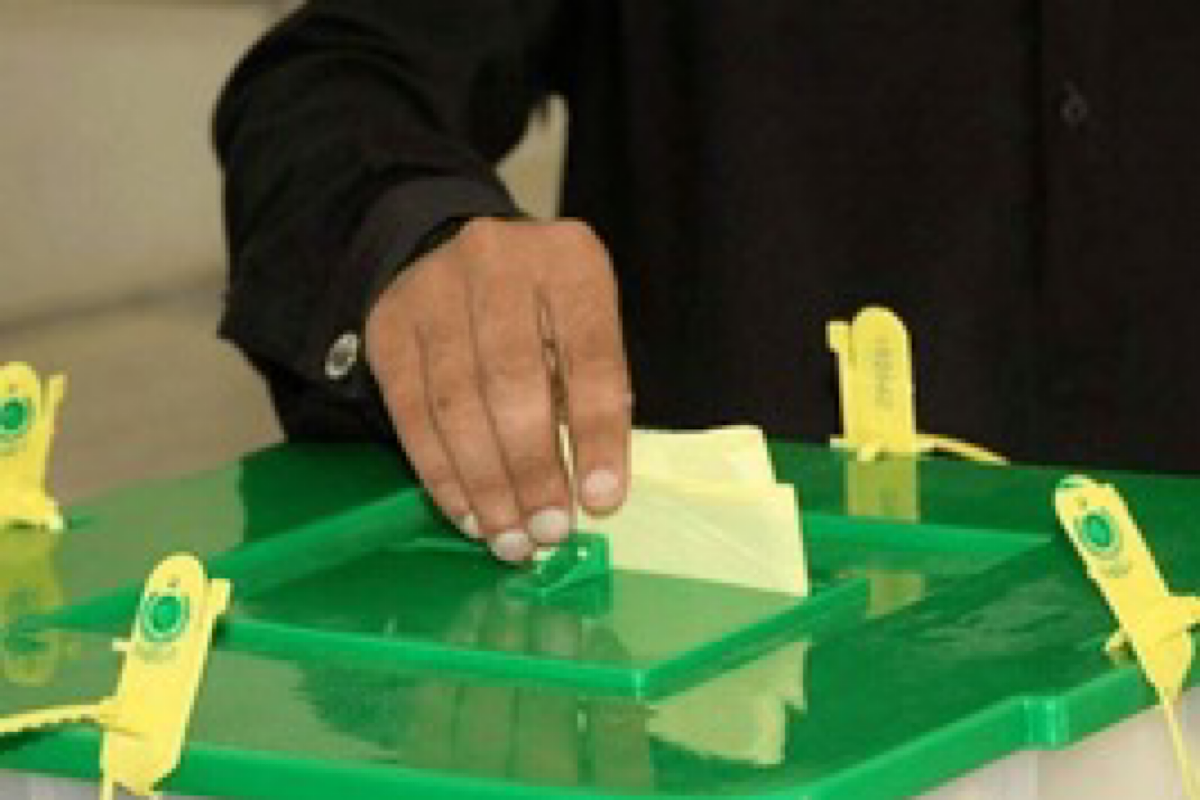Following Pakistan’s general elections, protests have erupted in Balochistan as allegations were raised that there has been electoral interference that has allegedly favoured certain political parties, as reported by The Balochistan Post.
The election results that were announced on Thursday last week resulted in victories for the Pakistan Peoples Party (PPP) and the Pakistan Muslim League Nawaz (PML-N) in Balochistan.
However, critics alleged that these parties’ candidates in Balochistan enjoyed the backing of the military establishment.
Moreover, several political parties are contesting the election outcomes and have been raising significant concerns over the fairness and integrity of the electoral process, according to The Balochistan Post.
Advertisement
They further argued that the military apparatus manipulated the election outcomes in favour of candidates aligned with military interests, especially in areas characterised by lower voter turnout or the absence of polling stations.
Subsequently, in response, parties including the Balochistan National Party (Mengal), National Party, Pakhtunkhwa Milli Awami Party, Hazara Democratic Party, along with religious parties, initiated protests on Friday.
They demonstrated, protested, blocked highway and organised sit-ins to draw attention to their grievances, The Balochistan Post reported.
Later, on Saturday, thousands of protesters gathered outside the election commission offices to hold protests against vote rigging, effectively shutting down large parts of the region.
The protests have since spread to both major and minor cities, including Gwadar, Turbat, Chaghi, Dalbandin, Ziarat, Muslim Bagh, and Loralai.
However, the ECP on Monday refuted allegations of rigging during the vote count after the February 8 general elections but acknowledged the occurrence of a ‘few irregularities’, ARY News reported.
An emergency meeting in Quetta on Saturday saw these parties discuss grievances over alleged election rigging, their refusal to accept the results, and a decision to launch a joint protest movement in Balochistan against the election outcomes.
They also resolved to prevent newly elected candidates from entering the Balochistan Assembly and to initiate a public movement against the establishment’s alleged interference in Balochistan’s political affairs.
The situation was further complicated when Jan Muhammad Buledi, the National Party’s General Secretary and candidate for PB-25 Kech 1, claimed to have received death threats from a military officer after accusing the military of ballot stuffing in his constituency, The Balochistan Post reported.
Buledi alleged that thousands of votes for the PPP were registered at polling stations shut down due to security concerns, stating, “How can we accept thousands of fake votes from polling stations where not a single vote was cast? We won’t accept a fake provincial parliament emerging from stolen votes given to the PML-N and PPP.”
Notably, the general elections in Balochistan have dealt with significant challenges, including boycott calls from pro-independence political and armed groups, as well as a surge in armed attacks targeting the electoral campaigns.
The Baloch Raji Aajoi Sangar (BRAS), an alliance of armed pro-independence groups, claimed responsibility for 161 attacks in the 11 days leading up to the election, according to The Balochistan Post.
Moreover, many of these factors contributed to a lower voter turnout, with elections not being held in many areas across Balochistan.











